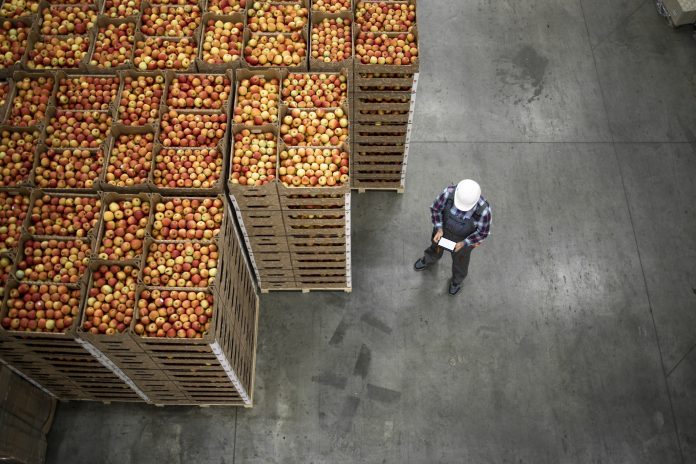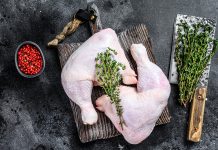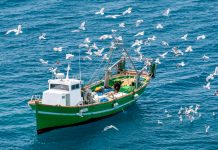The UK government has announced significant changes to its trade border procedures, to strengthen its defences against the threat of pests and diseases from imported goods
Effective immediately, products categorised as presenting a ‘medium’ risk to biosecurity will undergo rigorous identity and physical checks upon arrival.
These checks, which include visual inspections and temperature readings, to detect any pests or diseases that could jeopardise food safety and harm the natural environment.
High-risk goods
Goods seen as ‘high risk’ will now be inspected at the border itself, a departure from the previous practice of conducting checks at their destination.
This shift shows the government’s commitment to identifying and mitigating potential public health hazards, such as salmonella while maintaining existing measures to combat threats like African Swine Fever.
Why are these checks taking place?
Until now, most EU imports, excluding live animals and high-risk plants, entered the UK without checks. However, these temporary measures have been reconsidered due to the evolving risks and feedback from stakeholders on both sides of the English Channel.
Along with these border enhancements, the government is launching two pilot programs. These will explore the feasibility of conducting checks away from the border, using new technologies and business data to streamline processes and potentially reduce the need for physical inspections.
The overall goal is to ensure that strict biosecurity and food safety standards are upheld without burdening traders or consumers.
The Border Target Operating Model (BOTM)
These changes are part of the Border Target Operating Model (BTOM), a comprehensive framework for global, risk-based border controls.
The BTOM, which was introduced earlier this year, aims to minimise costs for traders and consumers. Government analysis suggests that these chnages could deliver significant savings for traders while mitigating any inflationary impacts on food prices for consumers.
Baroness Neville-Rolfe, Minister of State at the Cabinet Office, emphasised the necessity of these measures in safeguarding the UK’s biosecurity and economy.
She stressed the importance of ongoing collaboration with industry stakeholders to ensure a smooth transition.
The introduction of these enhanced border checks has been welcomed by industry experts. Professor Christine Middlemiss, UK Chief Veterinary Officer, highlighted the importance of a risk-based approach and cutting-edge technology in maintaining biosecurity measures while supporting trade relations.
By adopting a proactive stance on biosecurity, the government aims to mitigate the risk of potential outbreaks and safeguard the nation’s economic interests for years to come.















